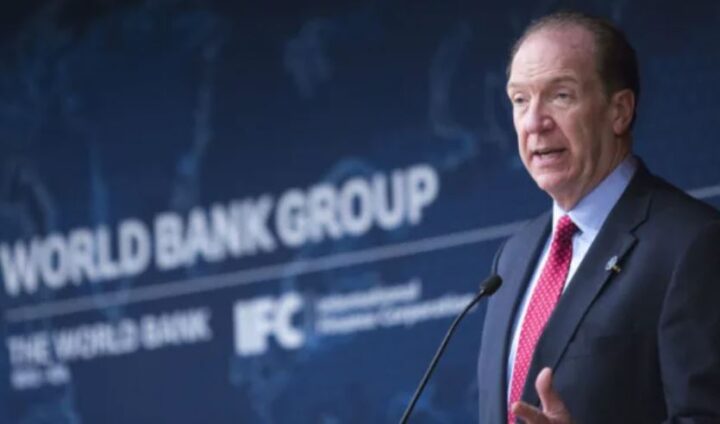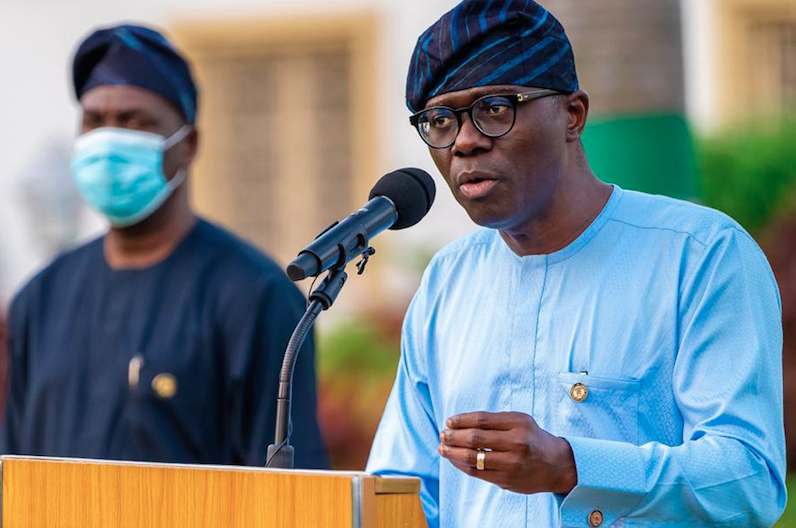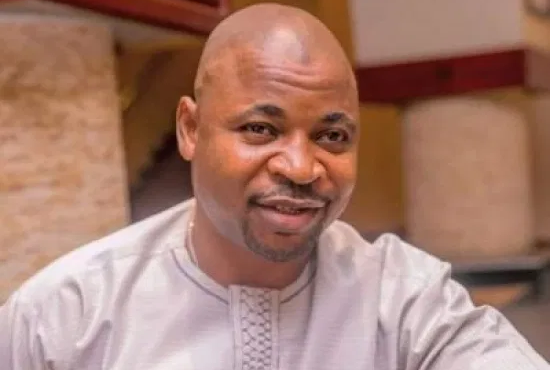David Malpass, the president of the World Bank Group, says there are substantial benefits to the federal government’s decision to remove fuel subsidy.
Addressing journalists during the ongoing virtual 2020 annual meetings of the International Monetary Fund (IMF) and World Bank, Malpass said the progress made so far is valuable.
“I compliment Nigeria for tackling the problem of subsidies in the hydrocarbon area,” he said.
“By reducing those subsidies and allowing gasoline prices to rise – it is very hard for governments to do that – there are substantial benefits.
Advertisement
“It means that there are fiscal savings, it also means that there are environmental benefits that are large and it allows markets to work better and to allocate resources better.
“So, I think progress is being made in that area and it is valuable.”
Speaking on whether the World Bank saw opportunities or problems in Nigeria regarding unemployment and the impact of the pandemic, Malpass said: “I see many problems. It’s harder to see the opportunities; this is a bad thing that happened to the world and particularly to poor people in the world because there’s not an evident solution”.
Advertisement
“For Nigeria, the vital steps are to strengthen the health system and the education system, and we try to work in those areas. Also, the governance system and transparency are vital in order to reduce corruption within the system.”
The World Bank chief said each country would have to think of where it wants to be in a post-COVID world which, according to him, will be very different from the pre-COVID world.
“That means a different way of people interacting, hopefully, better; a greener way of operating; and an emphasis on health care.
“We have extended the emergency health response to include vaccines and distribution of vaccines for COVID, but it also has the benefit of helping the vaccination programmes in other areas and the healthcare outreach in other areas that will be so valuable.”
Advertisement
He, however, said that the first priority was to save lives, people’s health and safety.







